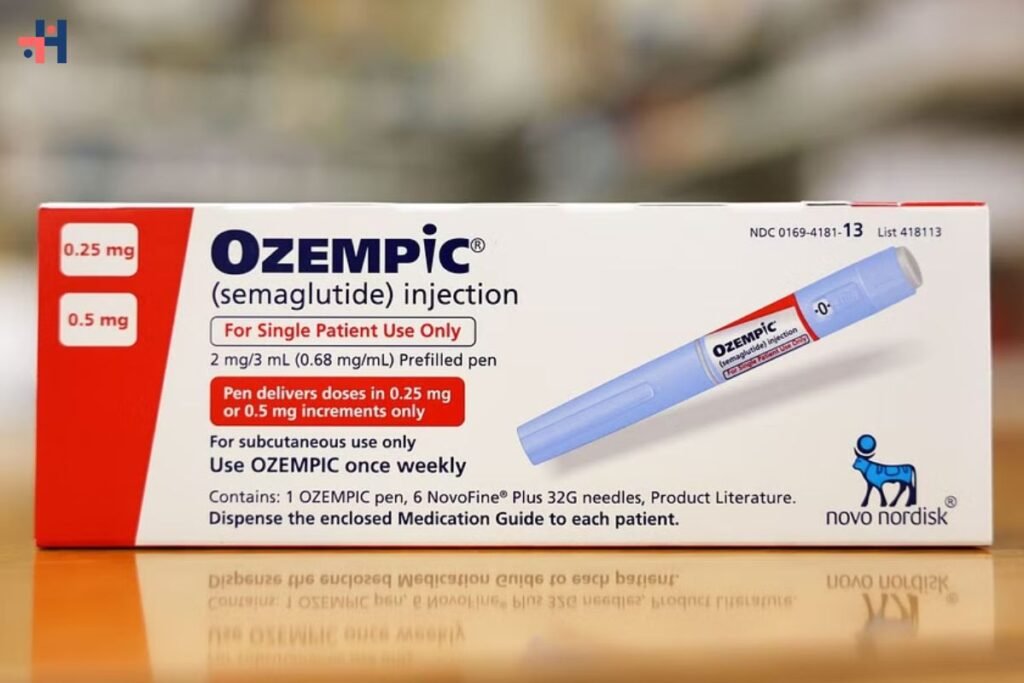Potential Impact on Gross Domestic Product
According to a recent analysis by Goldman Sachs, the widespread adoption of potent new weight-loss medications in the United States could potentially bolster the country’s gross domestic product (GDP) by up to 1% in the coming years. The projection is based on the premise that reduced obesity-related complications are expected to enhance workplace efficiency.
Market Growth and Leading Players
Market analysts anticipate substantial growth in the weight-loss drug sector, with forecasts suggesting that the market could reach a staggering $100 billion annually by the decade’s end. Key players in this burgeoning market include Novo Nordisk, the manufacturer of Ozempic, and Eli Lilly, the producer of Mounjaro. These companies are at the forefront of the race to develop and distribute innovative weight-loss medications.
GLP-1 Agonists: A Promising Class of Drugs
The focus of attention lies on a class of medications known as GLP-1 agonists, which have garnered significant interest from pharmaceutical companies. These drugs hold promise for combatting obesity, and their efficacy is being closely monitored in various clinical trials. Goldman Sachs projects a potential surge in GLP-1 usage, estimating that the number of consumers could increase by anywhere from 10 to 70 million by the year 2028.
Potential Economic Spillovers
Goldman economists emphasize the potential ripple effects of increased GLP-1 usage on the broader economy. Citing academic studies, they highlight the correlation between obesity and reduced workforce participation and productivity. In scenarios where GLP-1 usage leads to lower obesity rates, significant economic benefits are anticipated.
Goldman Sachs Forecasts Weight loss drug boom: Here’s what to expect in 2024
Economic Projections
The brokerage’s analysis suggests that the widespread adoption of weight-loss drugs could contribute significantly to U.S. GDP growth. In a scenario with 30 million users, weight-loss drugs could potentially bolster GDP by 0.4%, a figure that could rise to 1% with 60 million users. When coupled with other healthcare innovations such as AI-powered drug discovery, the overall impact on U.S. GDP could reach 1.3% in the coming years, equivalent to $360 billion annually.
Also Read: Study Finds Weight Loss Drugs Associated with Reduced Depression and Anxiety Diagnoses
Global Comparisons and Future Outlook
Goldman Sachs acknowledges that the economic effects are likely to be more pronounced in the United States compared to other developed markets, where health outcomes are generally better. However, the brokerage remains optimistic about the potential for significant economic gains resulting from advancements in healthcare technology and the widespread adoption of innovative treatments for obesity and related conditions.










